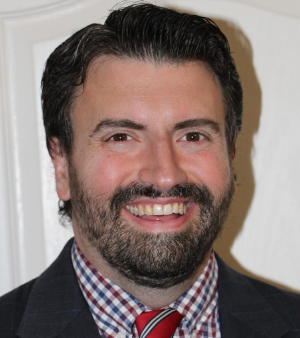
Challenge absolute statements with the power of “yet” – We hear a lot of absolute statements when we work with kids. “I can’t do this!” “I’ll never be good at writing!” “I have always hated orange juice!” In any situation, these statements are painful to hear, as they represent the pain and frustration that our students are feeling.
But absolute statements that deride a person’s skill can be quite harmful to the person’s developmental progression. Our brains take a tremendous amount of information each day (especially if you have a gifted brain!). Due to the volume of information, our brains are fairly lazy; they do not analyze much of what they process but rather take it at face value. What the brain takes in at face value it treats as true. So when our kids say that they’ll “never be able to learn computer coding at all ever!” their brains essentially say, “Well, OK then. I’ll record that and put it in my Facts Drawer.”
When our kids engage in these kinds of statements, it is easy to engage with them in debates about whether they will be able to do something. And now that I’ve shared with you how these kind of statements can be cognitively damaging, you may feel even more compelled to desperately explain to your nine-year-old how they’ll definitely learn how to play the saxophone if they stay at it and they’re actually better than they think and no one starts off well and…
But here’s the thing… When our kids say that they’ll never get/learn something, we argue not only because we don’t want them to be in distress but because we know that they will eventually learn the skills. Of course they will! And as adults we know that. But our kids don’t (or aren’t able in that moment to understand that they will). So we have to engage with them on a growth level that validates their current concerns while reminding them of all the things they will certainly be able to do in the future.
We do that with the word “yet.” Three simple letters but it can accomplish a great deal. “I can’t do math!” becomes “I can’t do math… yet.” “I don’t have any friends at school!” becomes “I don’t have any friends at school…yet.” “I’m not getting any playing time in hockey!” becomes “I’m not getting any playing time in hockey… yet.” It’s a small but powerful addition.
When we add the word “yet” to an absolute statement, we implicitly agree with our kids. We know that it FEELS that they will never learn math, have friends, or be a soccer star. And it mostly feels that way because they are very stuck in the moment. When we add “yet” to the equation we create a future world where they can (and almost certainly will) do the thing that is currently causing them all this pain. We aren’t arguing with what they are feeling right now; arguing with a feeling is counterproductive. We remind them of their strengths, resilience, and ability to grow. Most importantly, we are giving their brains a new term to focus on by explicitly stating that what is happening isn’t permanent and can be overcome.
As an additional note, I acknowledge that “yet” doesn’t always make sense with the sentences that your kids are saying. Other phrases that accomplish similar ends include: “Right now;” “It feels that way today;” and “but you could.” Find one that works for you and use it!
Leave a Reply